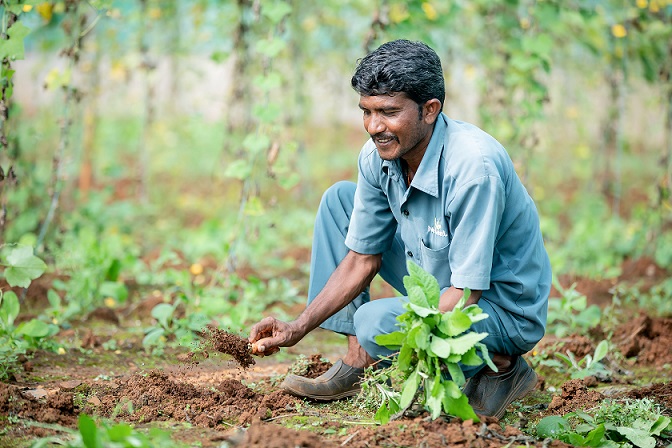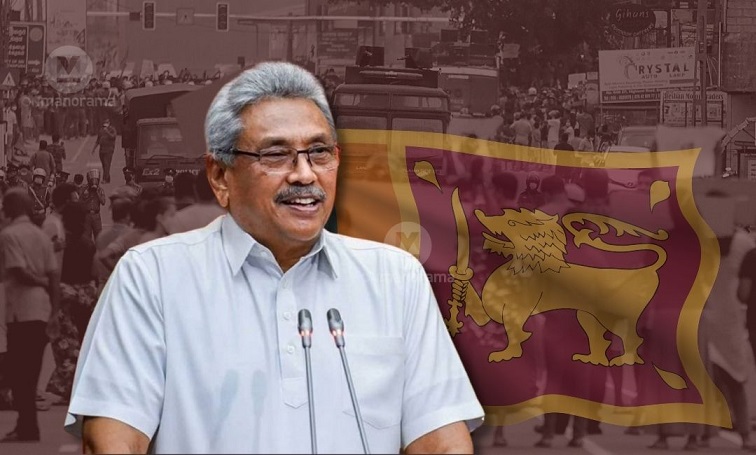A recent study by the Association Chamber of Commerce and Industry of India estimated that the hundreds of thousands of Indian students now studying abroad cost India as much as US $17 billion a year in revenue. As a result, Indians end up contributing to their host country more than their home country.








